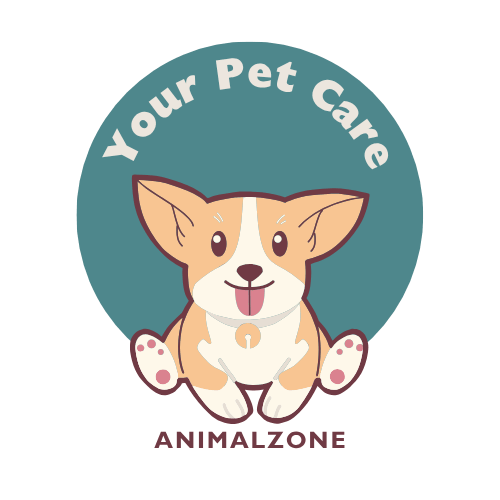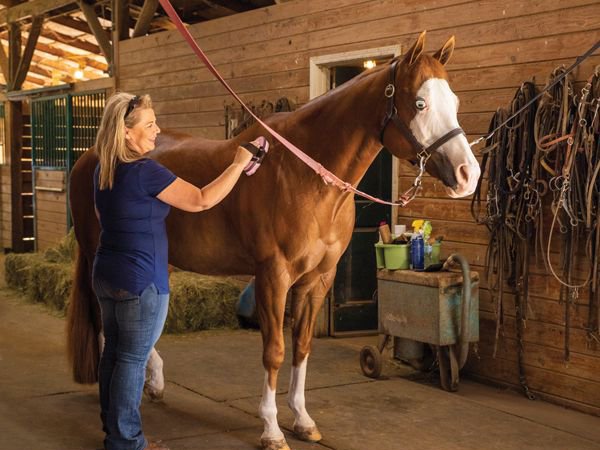Owning a horse is a rewarding experience, but it also comes with serious responsibilities. Proper horse care is essential to ensure your horse lives a healthy, safe, and fulfilling life. Whether you’re a first-time owner or a seasoned equestrian, following these essential guidelines will help you provide the best possible care for your equine companion.
1. Nutrition and Feeding
A balanced diet is the foundation of horse health. Horses require constant access to fresh hay or pasture, clean water, and the right amount of grain depending on their age, weight, and activity level. Overfeeding or poor-quality feed can lead to health issues such as colic, laminitis, or obesity.
2. Clean Water Supply
Always provide fresh, clean water. Horses can drink between 5 to 10 gallons a day, and access to water is especially important during hot weather or after physical activity. Dehydration can quickly lead to serious health problems.
3. Shelter and Living Environment
Horses need shelter to protect them from extreme weather. Whether it’s a stable, run-in shed, or tree-covered pasture, they should always have a dry place to rest. Clean stalls regularly and remove manure and wet bedding to prevent hoof problems and respiratory issues.
4. Regular Exercise
Daily physical activity is vital for a horse’s mental and physical health. Exercise helps maintain healthy joints, strong muscles, and proper digestion. Even pasture time can provide enough movement for horses that aren’t ridden daily.

5. Grooming and Coat Care
Groom your horse regularly to keep its coat clean, check for injuries, and build trust. Brushing helps remove dirt, prevent skin infections, and stimulate circulation. Don’t forget regular hoof cleaning to avoid issues like thrush or stone bruises.
6. Routine Veterinary and Dental Care
Schedule regular check-ups with an equine veterinarian. Annual vaccinations, deworming, and dental exams are crucial. Horses’ teeth grow continuously and may require floating (filing) to prevent chewing problems and weight loss.
7. Hoof and Farrier Maintenance
Hooves should be trimmed every 6 to 8 weeks by a qualified farrier. Neglecting hoof care can lead to pain, lameness, and long-term structural damage.
8. Emotional and Social Needs
Horses are highly social animals and thrive on companionship. If possible, allow your horse to interact with other horses. A lonely or bored horse may Essential develop bad habits like cribbing or stall weaving.
Learn More: Visit our zoopiahub.com for in-depth tips on feeding, grooming, stable management, and more.

